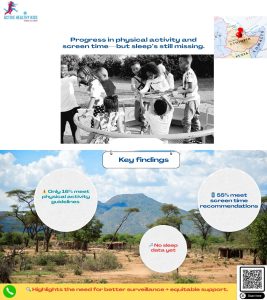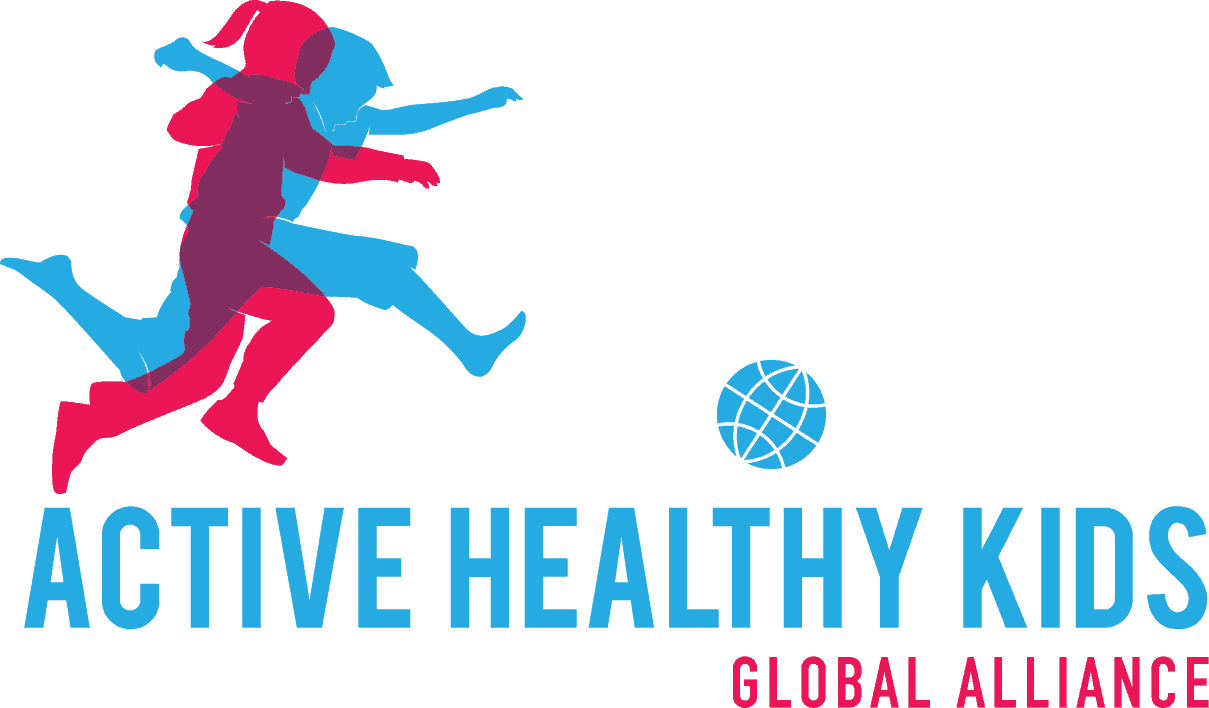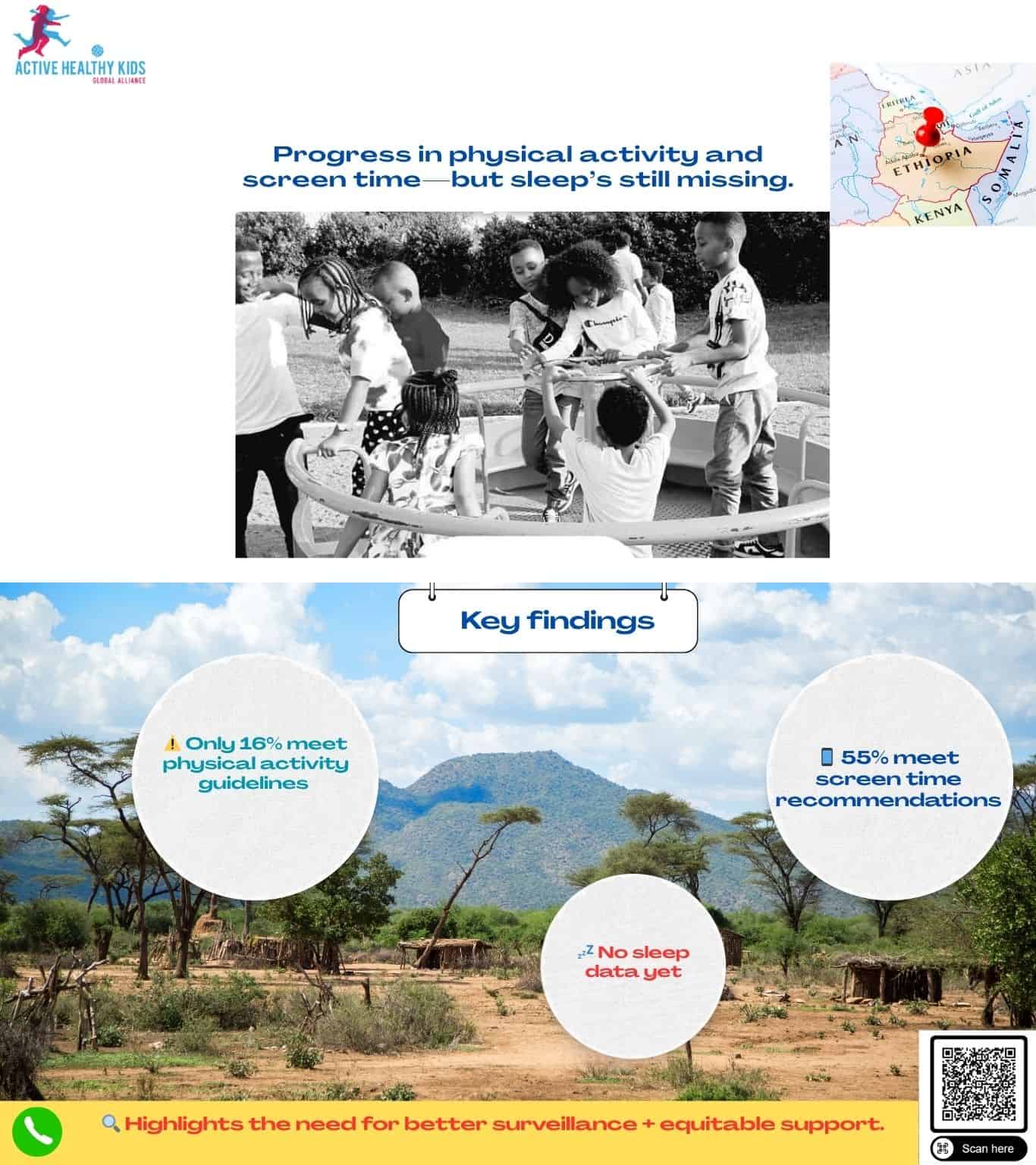
28 Jul Physical activity, screen time and sleep among children and adolescents: Findings from the 2022 active healthy kids Ethiopia
Congratulations to Dr. Chalchisa Abdeta and colleagues on their new publication “Physical activity, screen time and sleep among children and adolescents: Findings from the 2022 active healthy kids Ethiopia” recently published in BMC Pediatrics! The abstract and citation are provided below.
Abstract
Background: Few studies have been conducted on movement behaviours in low-income countries, indicating a need for further surveillance. This study aimed to track changes since the release of Ethiopia’s 2018 Report Card indicators and explore further gaps in physical activity, sedentary screen time and sleep among Ethiopian children and adolescents (5–17 years).
Methods: We reviewed studies examining physical activity, sedentary screen time and sleep among Ethiopian children and adolescents. Relevant data were systematically searched from digital databases including PubMed, Medline, Scopus, Web of Science, WHO Hinari and Google Scholar, in alignment with the study objective. Policy or program documents were obtained from Ethiopian government official websites. Records were screened by two independent reviewers and extracted by the first author and verified by a co-author. Data were synthesised according to the harmonised Active Healthy Kids Global Alliance standards (A ≥ 80%, B 60–79%, C 40–59%, D 20–39%, F < 20%, INC = incomplete data).
Results: We found eight studies (n = 8) with relevant information; all were based on parent- or self-reported data. Only a small proportion of them met the guidelines for physical activity (16%) and sedentary screen time (55%). There were no data available for sleep. Since the release of the 2018 Report Card, there have been improvements in the grades for School, Active Transportation, Sedentary Behaviour, Community and Environment, and Government indicators from D to A-, C to B-, F to C+, F to C-, and D to C, respectively. However, grades for Overall Physical Activity, and Organised Sport and Physical Activity decreased from D to F and from C to C-, respectively, while the rest of the indicators remained unchanged. The Sleep indicator was introduced for the first time.
Conclusion: Some indicators highlighted positive changes but limitations with data representativeness and quality underscore the need for improved surveillance to understand and promote healthy levels of movement behaviours in Ethiopian children and adolescents.
Citation
Abdeta C, Deksisa A, Hailu M, et al. Physical activity, screen time and sleep among children and adolescents: findings from the 2022 active healthy kids Ethiopia. BMC Pediatr. 2025;25(1):532. Published 2025 Jul 5. doi:10.1186/s12887-025-05785-4
Congratulations to everyone involved!
